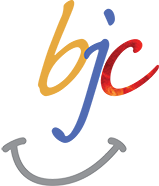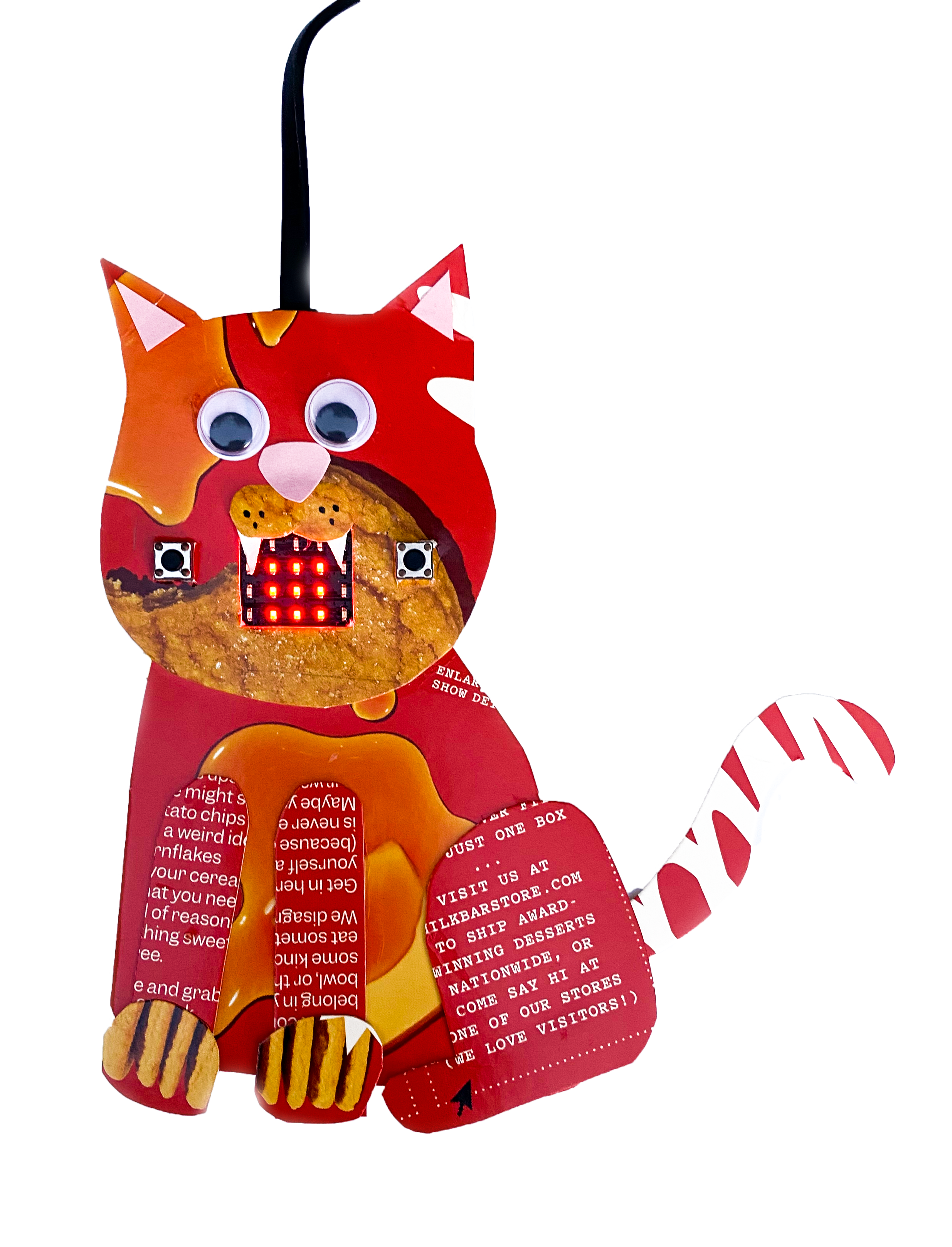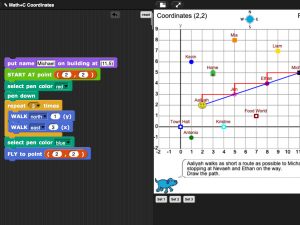Our work at Education Development Center (EDC) in K-12 computer science includes curricula for high school (BJC CSP), middle school and early high school (BJC Sparks), and elementary students (Math+C) and research projects that study the implementation and growth of CS programs in schools and districts.

Beauty and Joy of Computing: Computer Science Principles (BJC CSP) is an introductory computer science course developed by the University of California, Berkeley (UC Berkeley) and Education Development Center, Inc. (EDC). BJC CSP uses the visual programming language, Snap!, to offer access to rigorous programming concepts without the overhead of syntax required by a text-based language. Both BJC CSP and Snap! are available online for free.
BJC is recognized by the College Board as an endorsed provider of curriculum and professional development for Advanced Placement® Computer Science Principles (AP CSP). Through a sequence of 8 units, the year-long course covers the 6 AP CSP Computational Thinking Practices and 5 Big Ideas with extra attention to programming including higher order functions and (in later units) recursion.
BJC CSP has been developed with funding from the National Science Foundation (grant nos. 1138596, 1441075, and 1837280) and the U.S. Department of Education (grant no. S411C200074) and is designed for use in high school in an AP or non-AP context and offered as CS10 at UC Berkeley.

Beauty and Joy of Computing: Sparks (BJC Sparks) is also an introductory computer science curriculum developed by UC Berkeley and EDC that uses Snap!. BJC Sparks and Snap! are available online for free.
BJC Sparks addresses the CSTA standards for middle school through 3 units that each cover a different programming style: Unit 1: Functions and Data covers the basics of functional programming through activities on string manipulation, data processing, and image manipulation. Unit 2: Sequencing and Iteration introduces imperative and event-based programming through sound and music, animation, smart systems, and data transmission. Unit 3: Physical Computing teaches physical computing using the BBC micro:bit.
BJC Sparks is being developed with funding from the Hopper-Dean Foundation, is designed for use in middle school or early high school, and can serve as a complementary introduction to the BJC CSP course.

Math+C is a collection of opportunities for children to explore key mathematical content through the block-based programming language Snap!. Lessons are organized in mini-units aligned to grade-level standards, in which students build and debug their own scripts in order to solve a series of engaging mathematical puzzles.
Math+C has been developed by EDC with funding from the National Science Foundation (grant nos. 1741792 and 1934161), and all content is available online for free.
Education Development Center (EDC) and the New York City (NYC) Public Schools (NYCPS) have been in partnership since 2015 to bring CS to NYC students. The purpose of the current research-practice partnership (RPP), which started in 2018, is to increase access to CS in all NYC schools, with a particular focus on enhancing and studying the implementation of high school AP CSP courses in high-need and low-performing schools.
The project is carrying out the following activities:
This work is funded by the National Science Foundation (grant nos. 1441075, and 1837280).
Improving Equity in AP CSP is a project aimed at building the capacity of participating high schools to support an AP CSP course centered on the BJC curriculum and to ensure that all students have access to equitable and excellent computer science instruction. For this project, which began in 2021, EDC is working closely with partners Abt Global and North Carolina State University to scale up and study the implementation of BJC.
The project features the following three central components:
This work is funded by the US Department of Education through an early-phase Education Innovation Research (EIR) grant (no. S411C200074).